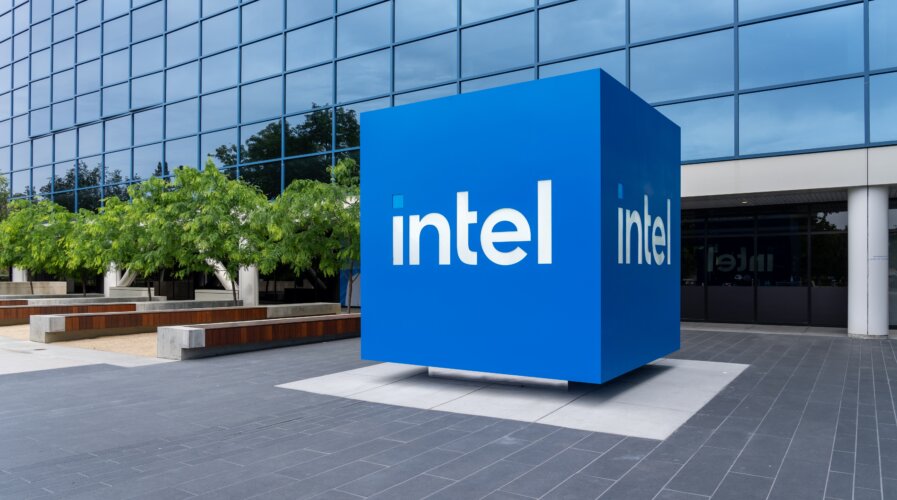
In a significant development from the tech giant, Intel‘s programmable chip unit has officially commenced operations as a separate entity at the start of this year. The division, now named “Altera, an Intel company,” has recently unveiled its ambitious plans for the future. This strategic move is seen as a step towards leveraging the burgeoning artificial intelligence (AI) market, which promises a lucrative venture for Intel. Sandra Rivera, the CEO of the newly independent unit, expressed optimism about the potential of programmable chips in the evolving tech landscape.
The Vision for Altera
Altera aims to carve a niche in the AI and computing sector by offering programmable chips that bridge the gap between custom processors and general-use AI chips. With the AI hardware market undergoing rapid changes, Altera’s products are poised to meet the unique demands of this transition. Rivera emphasized the company’s commitment to staying ahead in the innovation cycle, ensuring that Altera remains a key player in driving technological advancements.
Market Dynamics and Future Prospects
The programmable chip market, as per Rivera’s insights, was estimated to be around $8-$10 billion in 2023. However, the actual scope of this market might be significantly larger, given the absence of comprehensive third-party data. Rivera speculates that the demand for programmable chips, especially within various stages of the AI workflow, is underestimated.
Altera’s Role in AI Development
- Bridging Technology Gaps: Altera’s chips are designed to fill the void between specialized custom processors and versatile AI chips.
- Adaptability in AI Applications: These programmable chips are adaptable to a wide range of AI tasks, making them essential for the dynamic needs of AI development.
- Innovation Leadership: Rivera underlines the company’s dedication to innovation, which is crucial for navigating the shifts in AI technology.
Product Line and Manufacturing Insights
Altera‘s current lineup, the Agilex series of programmable chips, is a testament to the company’s manufacturing prowess, being produced by Intel Foundry. While details on the production of the upcoming Agilex 3 chips remain undisclosed, Rivera hinted at the expectation of preferential treatment and pricing for these in-house projects. This aligns with Intel’s broader strategy where its business units enjoy advantages in dealing with Intel Foundry.
Strategic Implications
- Intel Foundry’s Role: As Intel’s contract manufacturing arm, Intel Foundry plays a crucial role in the production of Altera’s chips, highlighting an integrated approach to chip manufacturing.
- Pricing and Volume Strategies: An Intel spokesperson indicated that contract manufacturing clients, including Intel’s own divisions, could benefit from volume-based favorable pricing.
Altera’s Strategic Overview
| Aspect | Details |
|---|---|
| Name | Altera, an Intel company |
| Focus | Programmable chips for AI and computing applications |
| Market Estimate (2023) | $8-$10 billion |
| Unique Selling Proposition (USP) | Bridging the gap between custom and general-use AI chips |
| Product Line | Agilex series, future Agilex 3 |
| Manufacturing | Intel Foundry, potential favorable pricing for in-house projects |
Navigating the AI Landscape
As Altera embarks on this new journey, the focus on programmable chips highlights Intel’s strategic pivot towards harnessing the AI market’s potential. With a clear vision, an understanding of market dynamics, and a solid product line, Altera is well-positioned to play a pivotal role in the evolution of AI technology. The anticipation around the Agilex 3 chips and the strategic use of Intel Foundry for manufacturing underline the synergies within Intel’s broader ecosystem. As the AI hardware landscape continues to evolve, Altera’s adaptable and innovative solutions are set to meet the industry’s challenging demands, promising an exciting future ahead.
Related News:
Featured Image courtesy of Tech in Asia
